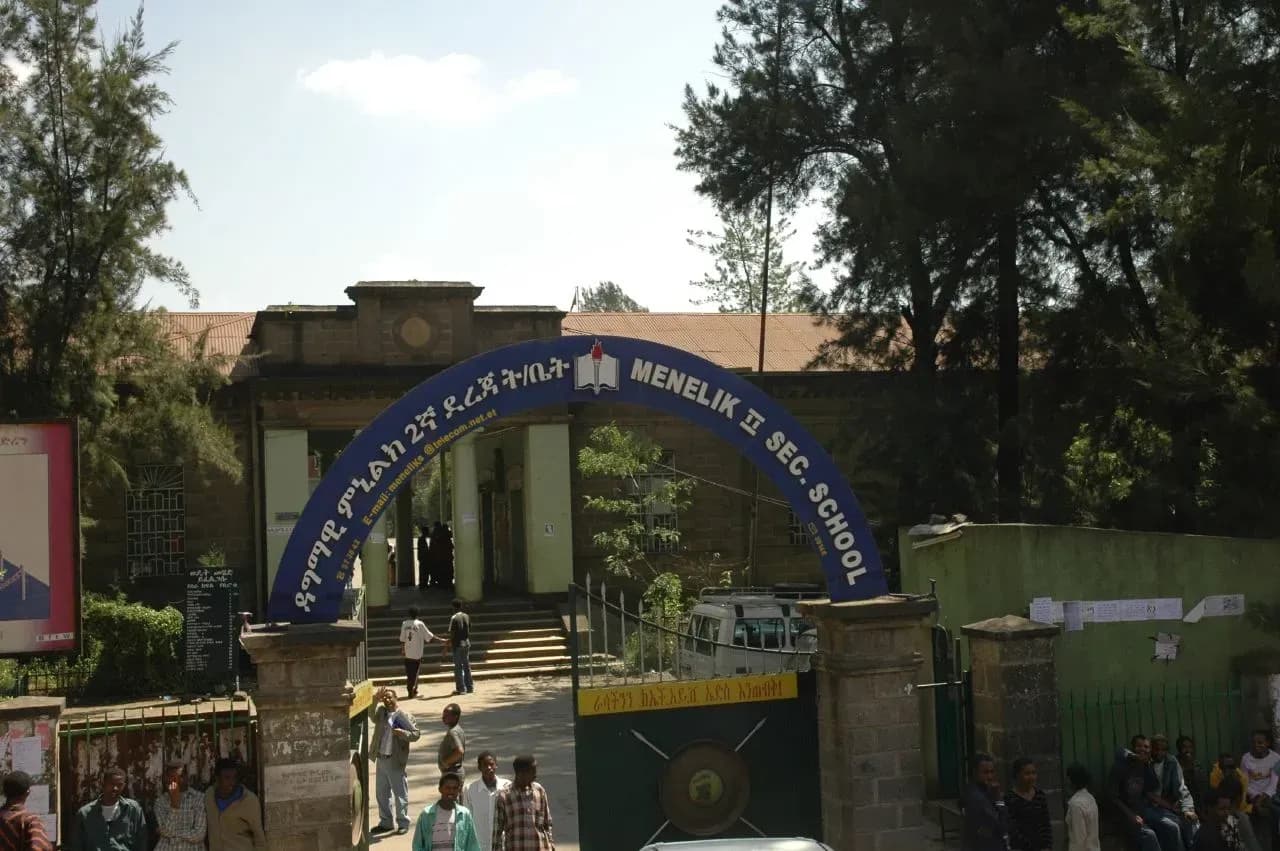Progress for 0 ad
Progress for 1 ad
Progress for 2 ad
Progress for 3 ad


Daniel Metaferiya
Addis Ababa, Ethiopia

Registration for public schools will fully digitize in the next two years as the Addis Ababa City Innovation and Technology Development Bureau ramps up its city-wide campaign. The Bureau, which has integrated over 500 schools into its E-school management portal, hopes to create a comprehensive education data hub in the capital. The initiative, dubbed Smart Citizens, is part of a six-pillar smart city project undertaken by City Hall.
Yonas Demsew, the Bureau's Smart City Standard and Regulatory Team leader, says they have been slowly building momentum over the past two years. He believes that the portal will enhance supervision and maintain a coordinated implementation of the school calendar.
“We will onboard all schools in the capital in the coming year,” Yonas told Shega.
He hopes the portal will serve as a data source for research purposes and help the education bureau in identifying inefficiencies across the system. Schools in Addis Ababa have been following a city-wide calendar for the past year that is strictly enforced by the Education Bureau. Yonas also noted that the Technical Vocation Education and Training (TVET) colleges in the capital have begun being onboarded onto the portal.
A concerted effort to roll out comprehensive digitization of public services across the capital has been kicked off over the past three years. Close to 2.2 billion Birr was allocated for information, communication, and technology (ICT) infrastructure by City Hall in the lead up to the smart city initiative. This included nearly two dozen software projects and around 20 network installation initiatives spanning land management, trade permits, tax administration, and residency services. Shenzhen, a tech powerhouse in south China's Guangdong Province, has been cited by Addis Ababa officials as a standard worthy of aspiration.
Addis Ababa’s e-school management aims to complement similar efforts by other offices under the City Administration with a unified digital portal. It currently hosts authentication and equivalency, school mapping, calendar cycle, and details on around 565 public schools in the capital. The absence of a centralized system for education administration has exacerbated problems of crowded classrooms, teacher deployments, and the school feeding program. With the introduction of a national digital Fayda ID as a precondition for school registration in the coming school year, comprehensive student data collection is within reach.
The broader issue of inaccurate or missing student enrolment data significantly impacts educational decision-making across Ethiopia. For instance, the UNICEF Education Expenditure Analysis for Oromia Regional State highlights challenges in budget allocation and resource utilization due to data limitations. Inaccurate data can lead to misallocation of funds, staffing issues, and inadequate infrastructure planning, which in turn affect the quality of education and stakeholder satisfaction, according to the report.
👏
😂
❤️
😲
😠

Daniel Metaferiya
Daniel Metaferiya is a writer, journalist and radio host, with a keen interest in technology. He follows developments in Ethiopia's startup ecosystem closely and is passionate about profiling unique MSMEs.
Your Email Address Will Not Be Published. Required Fields Are Marked *